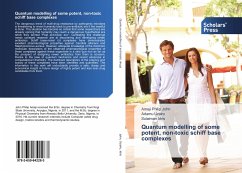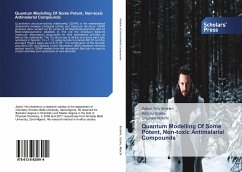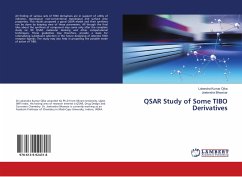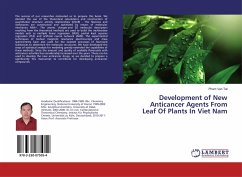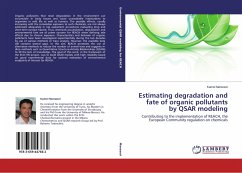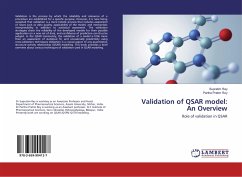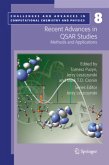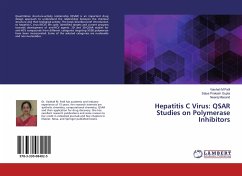The dangerous trend of multi-drug resistance by pathogenic microbes is threatening to revert humanity back to pre-antibiotic era if the needful is done. The situation has become so critical that some researchers are already opining that humanity may reach a dangerous hypothetical era which they termed "Post anti-biotic era". Combating this challenge needs constant research aim at discovering and developing newer antibiotics. Schiff base-nickel (ii) complexes have demonstrated excellent pharmacological properties against Candida albicans and Staphylococcus aureus. However, adequate knowledge of the dominant molecular descriptors of the observed pharmacological properties of these complexes against these organisms is a sine qua non as far as the prospect of designing newer antibiotics from them is concern; thanks to the laws of quantum mechanics and recent advances in computational Chemistry. The dominant descriptors of the potency and toxicity of these complexes have been identified and quantified. The information in this work will undoubtedly provide a safe, cheap and economical insight in future design of highly potent and less toxic drug candidates from them.
Bitte wählen Sie Ihr Anliegen aus.
Rechnungen
Retourenschein anfordern
Bestellstatus
Storno

